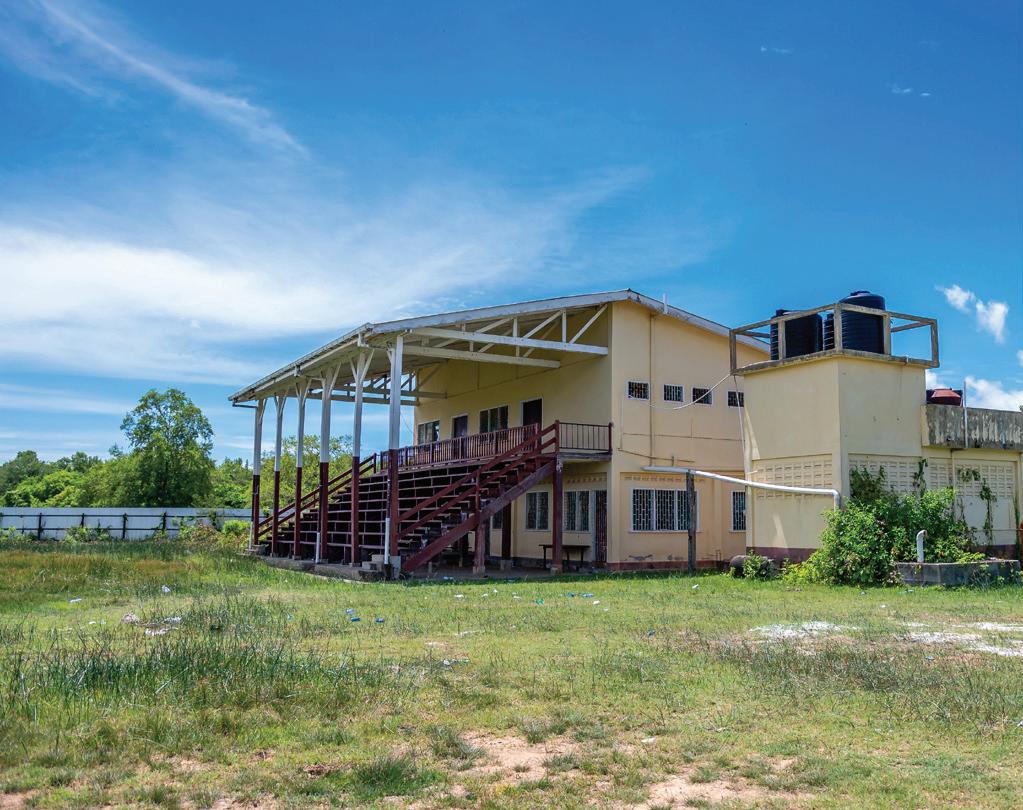
5 minute read
#8 Village NDC pushing for ...
FROM PAGE XXV lage; it is her safe place, and relatives and other good people surround her.
The resident added that #8 Village is a quiet place where the people do many things to earn honestly and it is a community of farmers and some like-minded professionals who hold jobs in offices and agencies.
Advertisement
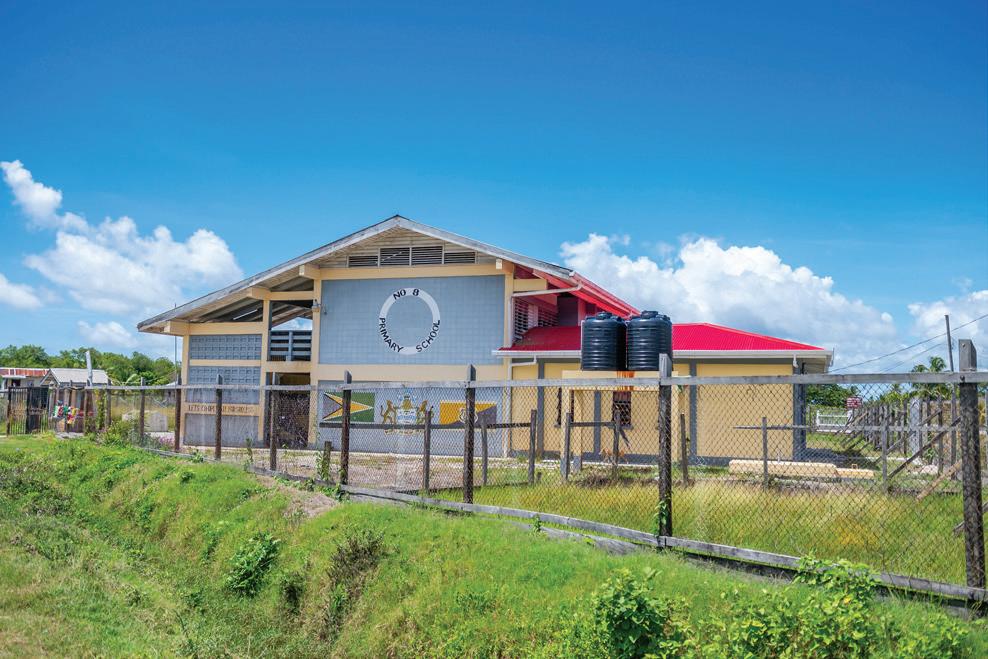
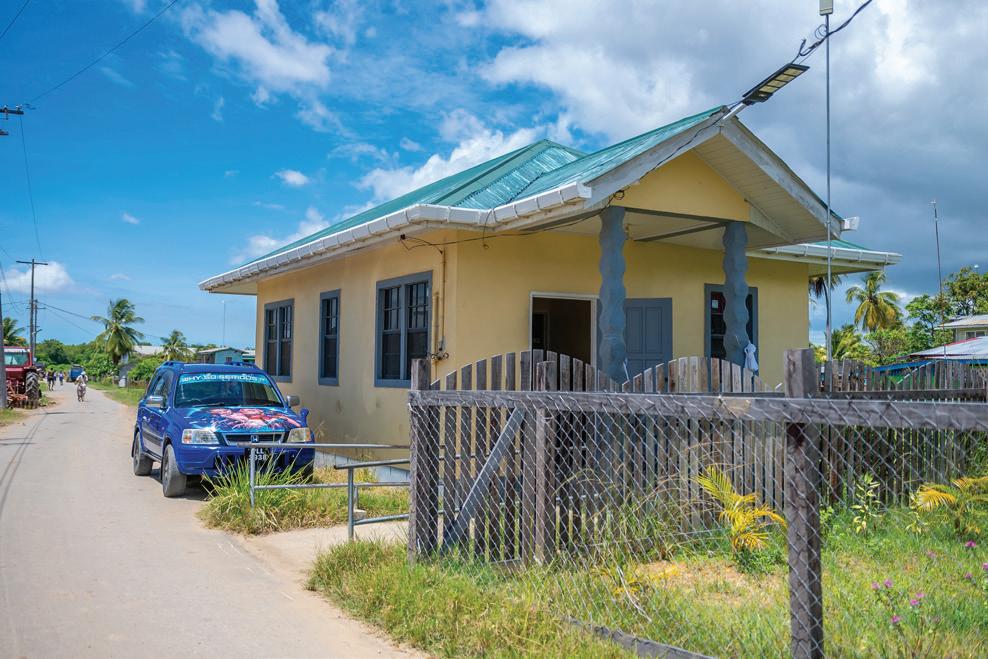

Pluck related that long ago she used to go to the Rosignol Market to sell her produce, but these days the wholesalers are buying the produce for cheap and re-selling at a hefty price, so it is not viable to continue.
The farmer utilises her yard space to plant and she lost 10 trays of tomato plants due to heavy rainfall.
Pluck has five siblings; two brothers were by her side when the team visited and they were planning to go out to run a few errands.
“Presently it is a tough time for me and my family members because within a short space of time we lost our parents and it has been challenging since,” she said.
The local reported that the village is small but has many youths who need a place for recreation and games.
Pluck said #8 is a safe village and she would often leave her doors unlocked and go out for a long period, and nothing will go missing.
Despite the challenges of farming, she remains optimistic and is hoping to replant crops soon.

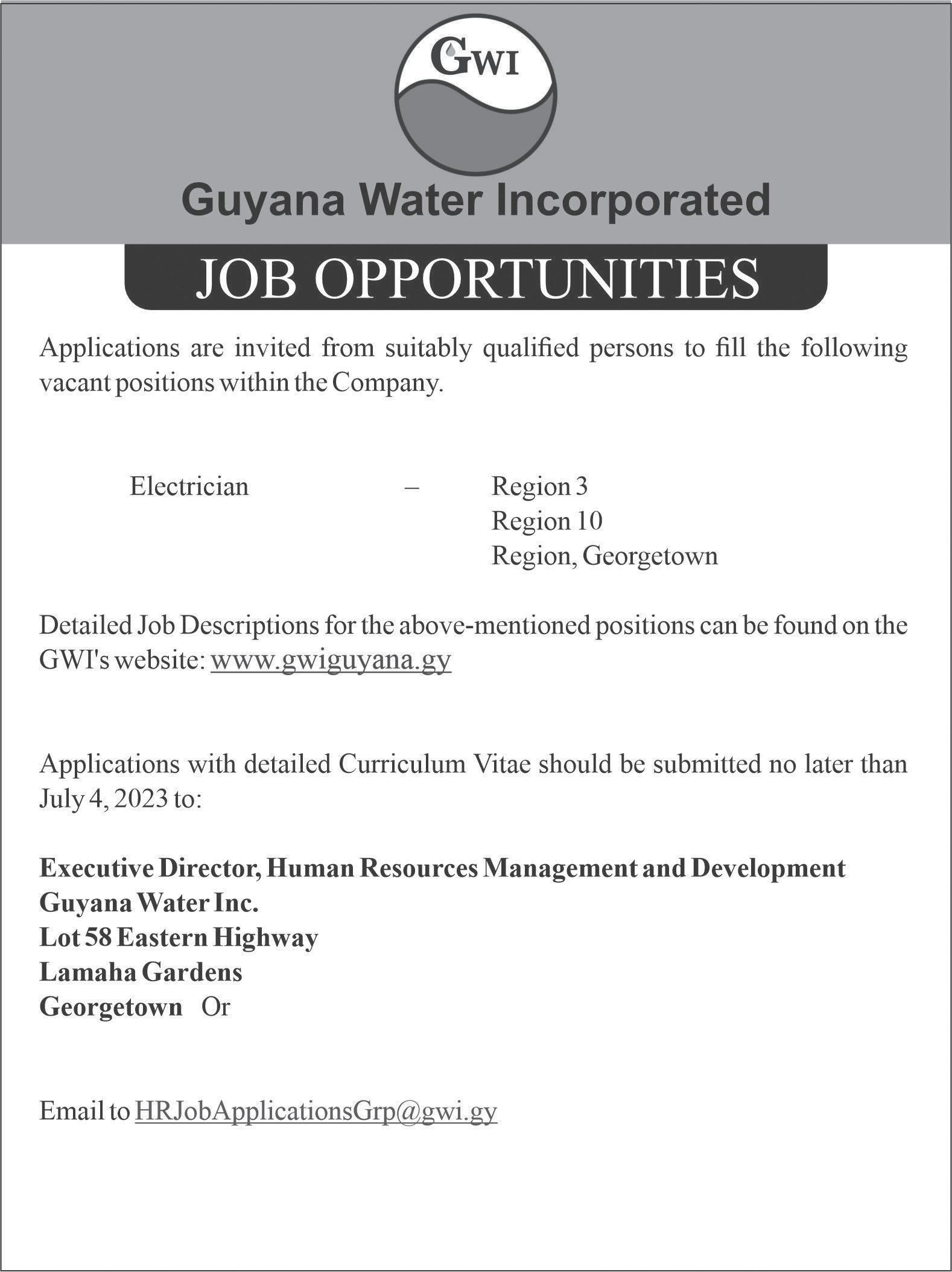







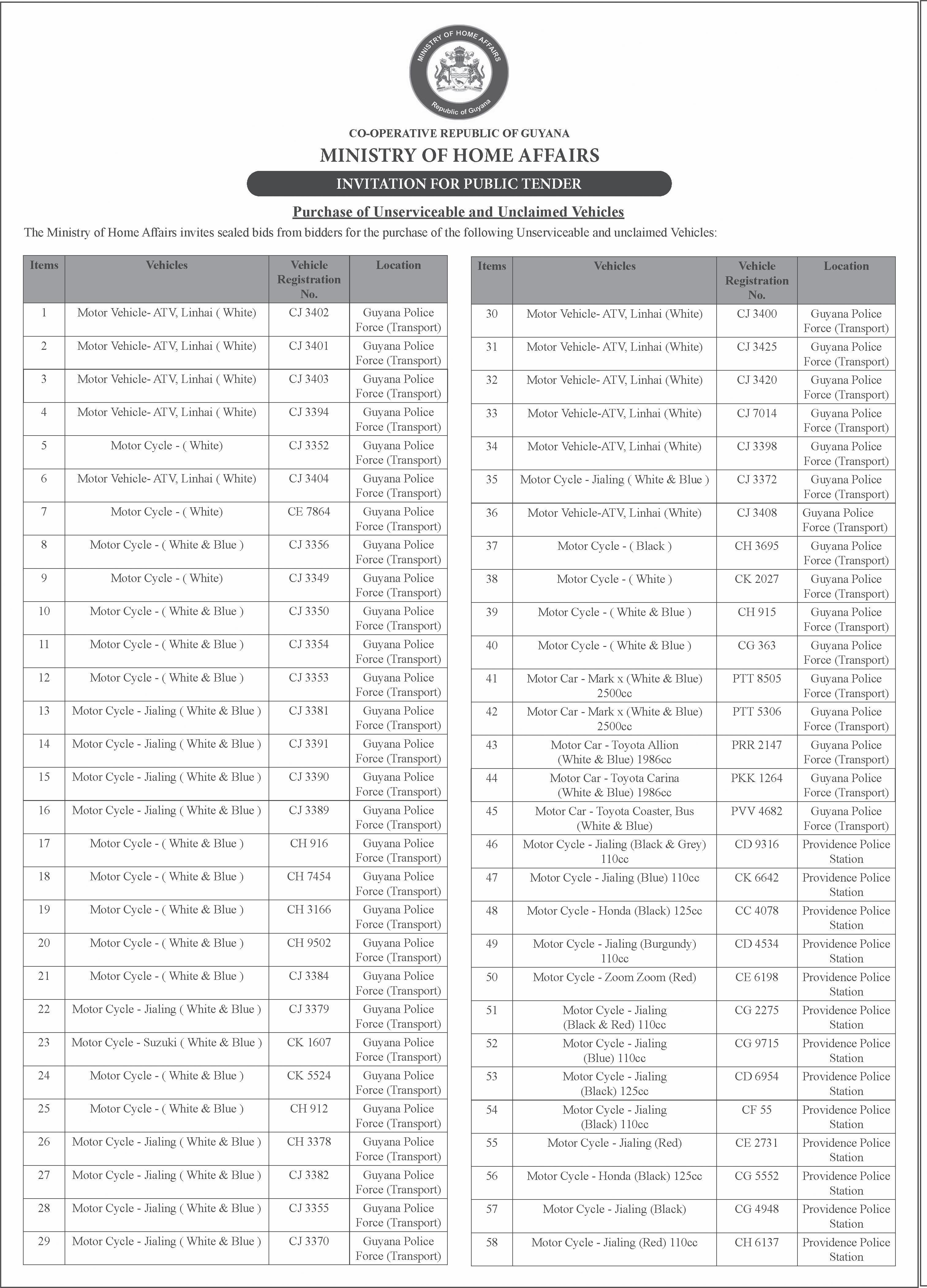
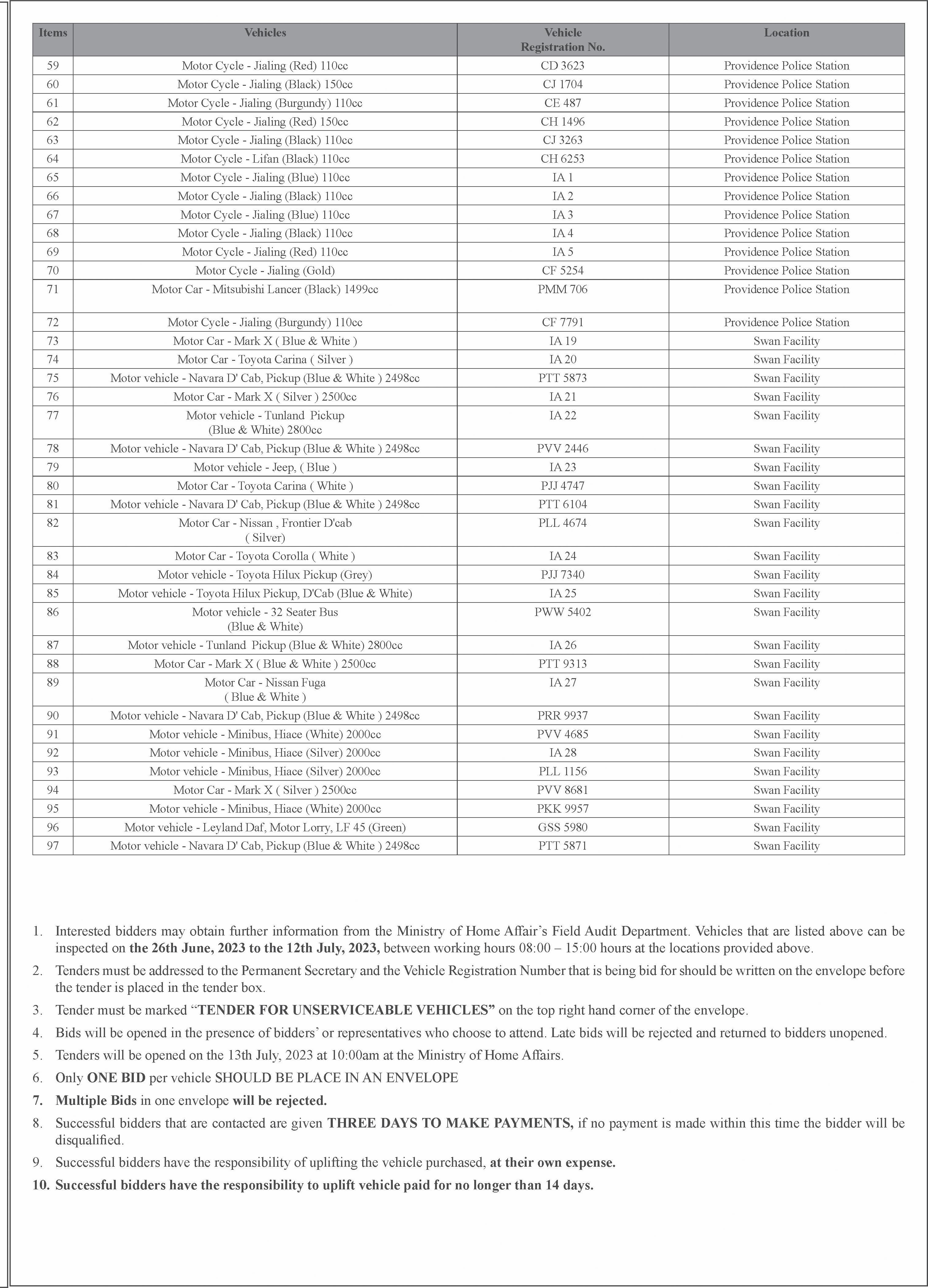
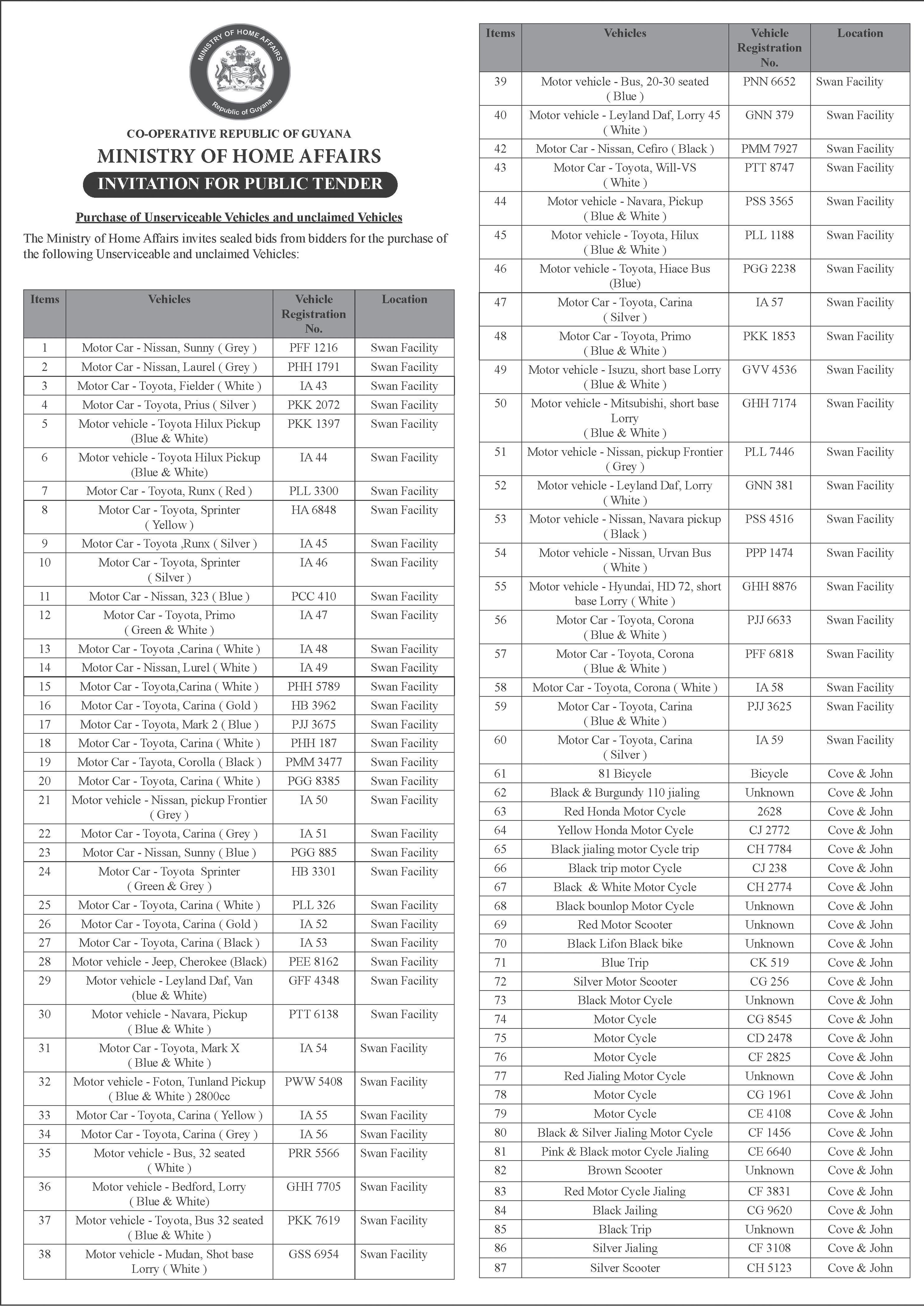
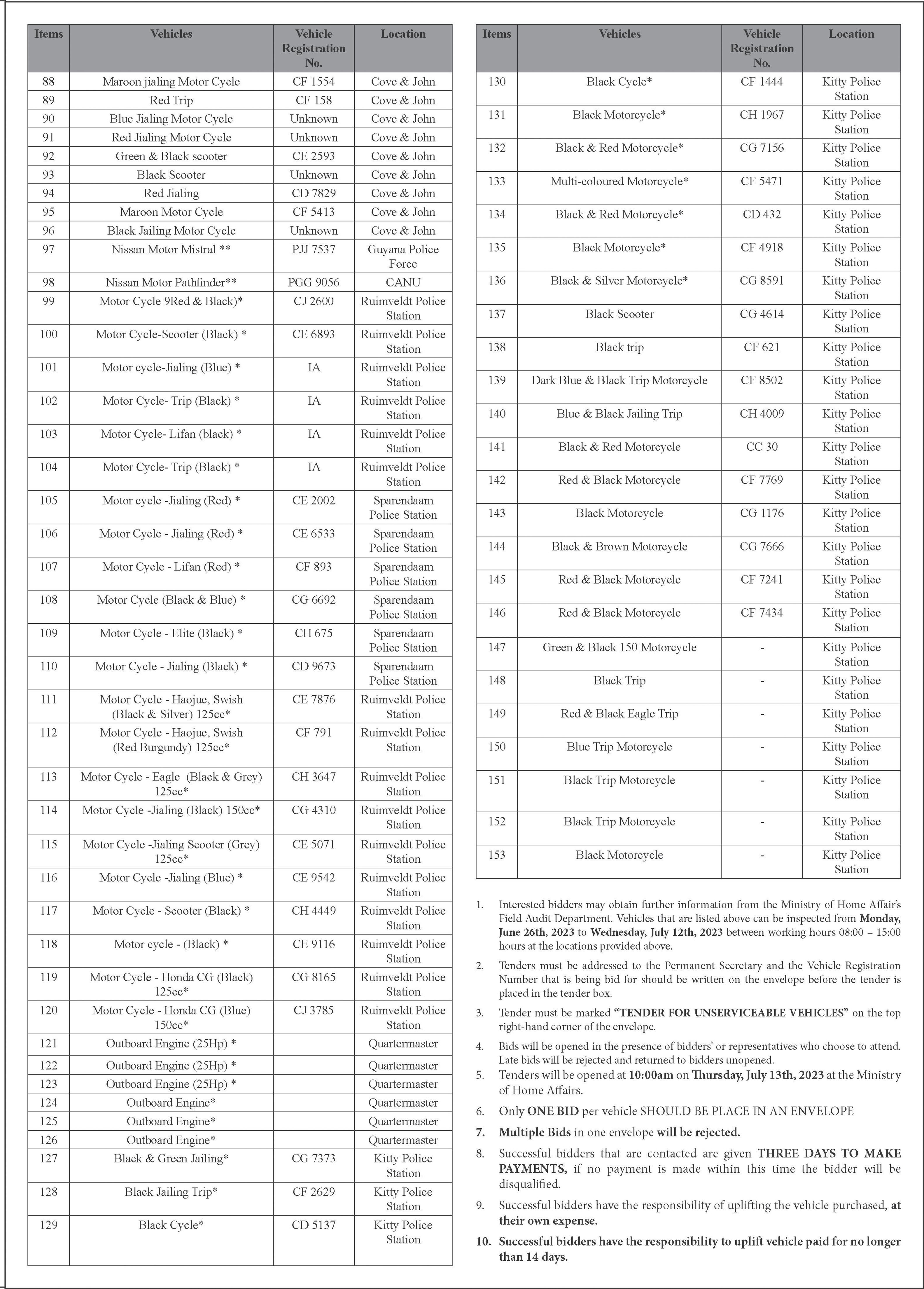
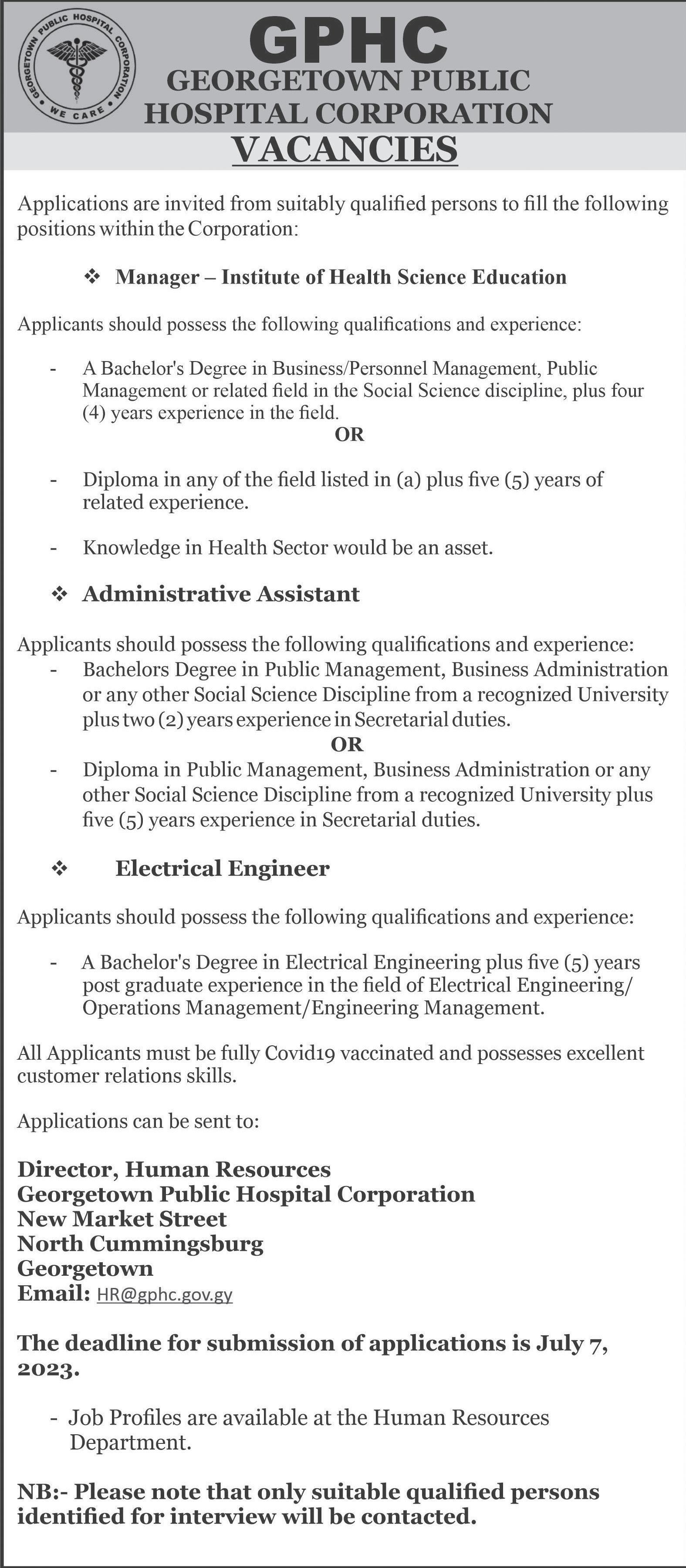

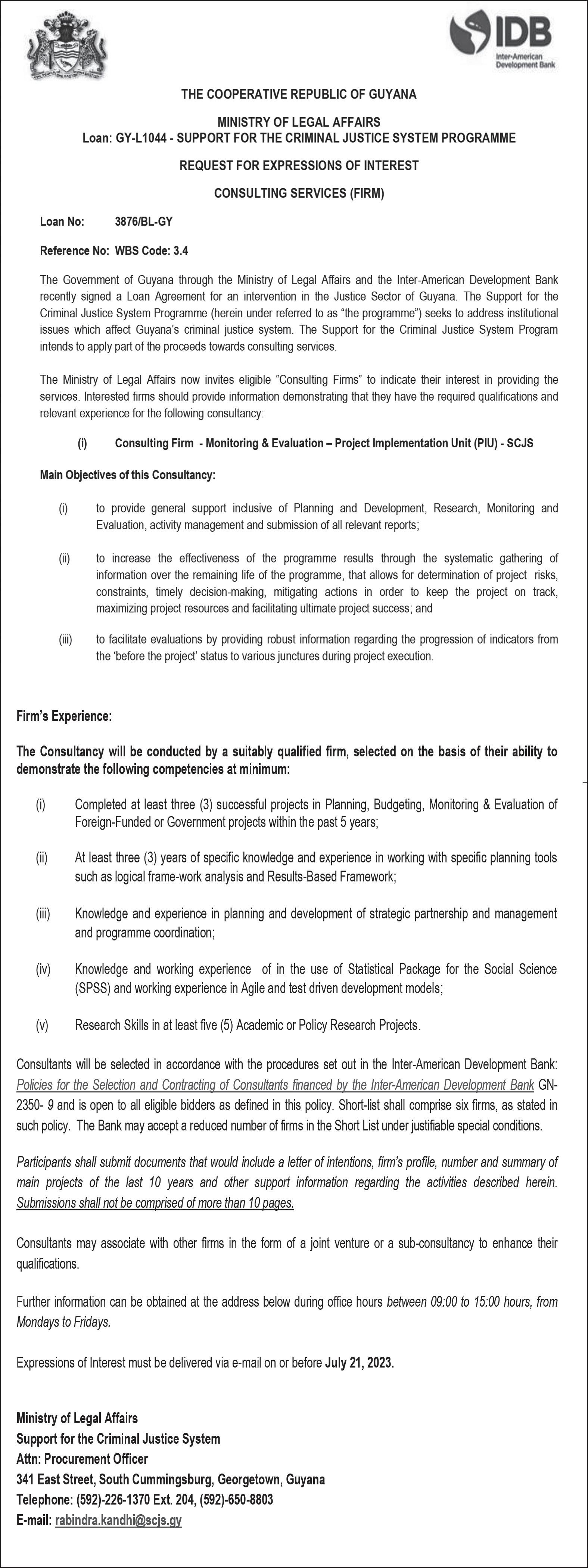


Thought For Today
All professions are conspiracies against the laity.
GEORGE BERNARD SHAW (1856-1950) The Doctor’s Dilemma (1906), Act 1
Study Success
Dear Student, Welcome dear friend. Self-testing is basic to passing your examinations well. We have already recommended creating valuable packs of study cards. Today
July 02, 2023
we recommend reading a passage, putting it aside, and then writing down as much as you can remember from it. This develops an excellent positive attitude and leads to the “I understand and can explain the topic to others” stage. Keep on reading, writing notes in your own words, and questioning yourself about the material. Be wise.
Love you.
Improving Your Reading
A word about developing your reading skills.
Reading is an art form of language. It is because it requires many of the same skills as making art. How we read depends upon our purpose for reading.
There is more than one way to read a book. We can read it from back to front, front to back, intently, leaving nothing out. We can browse through the pictures. We can search for a few facts, picking out only the desired points from the overall information. We can scan, sample, skip and skim. Anyway, when we are finished reading, our minds are supposed to understand more of the matter from the text than before we started.
Suppose we are reading a biography. We read it for the story in a different way from when reading it to locate specific information.
We concern ourselves now with reading for the story: i) We read the whole text from front to back, beginning at line one. ii) We read from top to bottom and from left to right. iii) If we lay the text aside, we later pick up from where we left off. iv) The biography narrative does not need pictures to make its meaning. v) Completing the narrative helps us gain the satisfaction of reading it.
Something to Do: Find a biography of a famous writer and produce one paragraph of important information you gathered about him/her. Read it to your study partners.
The Passage
Comprehending a passage
Read the passage below carefully and then answer all the questions that follow.

Jessie, you’d better take this map so that you don’t get lost, and you can mark on it where you have to go. When you come out of the house, turn left and go down to the junction. Turn right, go past the swimming-pool and you’ll come to Main Street. There you turn left and go along the street, over the bridge. On the other side of the bridge there’s a crossroads; if you go straight across it you’ll find the shopping centre on your left. Go in there and buy the things on my list.
When you come out again, look for Turton Road, and go along it to the end. You’ll see a football ground ahead of you from where you turn left towards the river, and go on until you come to Riverside Road. There you turn left and then immediately right again over the bridge. On the other side of the bridge you’ll find a park on your right and then a little further along there’s a cinema on a corner to your left. Please go in there and get the programme for the forthcoming films. Then you can come home along School Road – go all the way along it until you get to Main Street again, which you cross, and you’ll find a little path behind the swimming-pool; it’s a short cut home.
Something to Do
1. The passage above is written differently from any text you have been using. Point out three aspects or functions of the language used.
2. Why are there so many contractions, do you think?
3. Between what two people do you think this note passed? And why was it used?
4. Give the given text a title.
5. When would you need to write using language like this one?
6. Write out the instructions in one paragraph for the person to follow through with while going and coming back safely again.
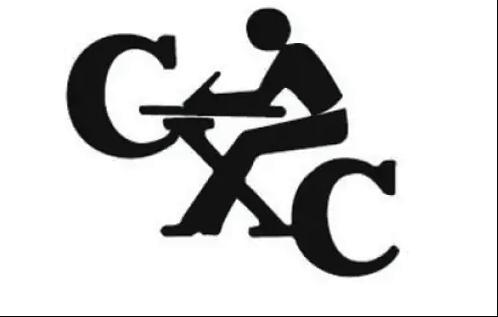
THE POEM
Comprehending a poem
Read the following poem carefully and then answer the items based on what is stated or implied.
Leisure
What is this life if, full of care, We have no time to stand and stare?
No time to stand beneath the bough And stare as long as sheep or cows. No time to see, in broad daylight, Streams full of stars, like skies at night. No time to turn at Beauty’s glance, And watch her feet, how they can dance. No time to wait till her mouth can Enrich that smile her eyes began. A poor life this if, full of care, We have no time to stand and stare.
(W. H. Davies, “Leisure”)
1. When the poet says, “Full of care” (line 1), he means a life full of
(A) happiness (B) boredom (C) resentment (D) duties
2. The poet uses the idea “stare as long as sheep or cows” (line 4) because he thinks we should take the time to
(A) gaze at the beautiful formations in the sky
(B) rest calmly beneath the boughs of neighbouring trees
(C) stand around and drink-in our environment
(D) relax and appreciate beauty surrounding us
3. The poet implies that we need leisure in our life for it to be
(A) vital (B) calming (C) essential (D) significant
4. “Streams full of stars, like skies at night.” (line 6), is an example of
(A) simile (B) rhyme (C) metaphor (D) onomatopoeia
5. The poet believes we will have a “poor life” (line 11) if we do not have
(A) interests in nature to enjoy (C) friends to socialise with
(B) proper financing (D) time to make much of life
6. In which of the following lines does the poet answer the question asked in lines 1 and 2?
(A) Line 3 (B) Line 5 (C) Line 9 (D) Line 11










